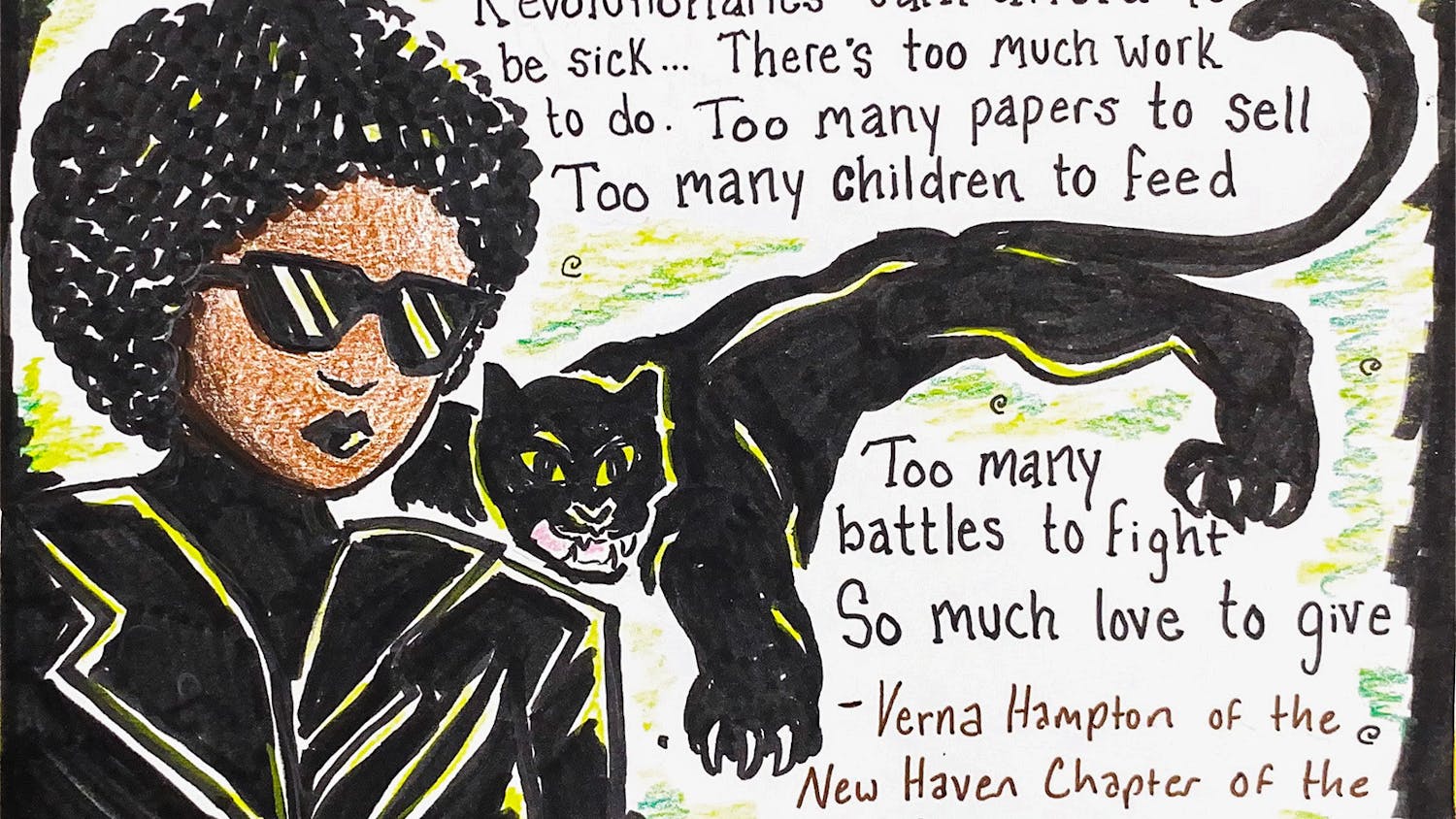Reports of stalking made by residents living at the University of New Mexico’s student housing increased by 33% last year, from 9 cases in 2019 to 12 cases in 2020, even though fewer students were on campus. The rise takes place as stalking has become more virtual, experts said.
“A lot of this is a virtual type of stalking where people are being threatened or followed through email communication, text messages or as far as a tracking device on someone's car,” said Matt Suazo, compliance and clery coordinator of UNM’s Office of Compliance, Ethics and Equal Opportunity. “There’s this sense of anonymity where people are able to engage in this behavior where they’re not able to be identified or confronted.”
The total number of stalking incidents reported, including students who don’t live on campus, went down from 45 to 21 last year when most classes were held remotely, according to the annual crime report from the UNM Police Department.
LGBTQ Resource Center Director Frankie Flores recently dealt with a troublesome stalking incident in which a student was being stalked and threatened by their ex-partner. Flores said that they created a safety plan for the student, which involved them switching cars and temporarily staying away from home in order to avoid the ex.
It’s possible that more reports of stalking could be evidence that outreach efforts are working, according to Suazo, Flores and Caitlin Henke, program specialist at the UNM Women’s Resource Center.
“I’d like to think people are more aware of the resources available to them, and they’re not afraid to come forward and file a complaint,” Suazo said.
Suazo said his office and the resource centers on campus have made students more familiar with stalking and increased recognition of the problem.
“A lot of interpersonal and gender violence is really underreported,” Henke said. “(If people are reporting it), it’s a sign that people trust the institution and trust that we’ll do something about it.”
Last year, fewer than 3,000 students were living in UNM housing, according to UNM student housing. This academic year, there are more than 5,000.
UNM students living in the dorms have reported more than 20 crimes, including one stalking report, since the start of the semester, according to UNMPD’s daily crime logs.
The Clery Act requires colleges and universities to “report campus crime data, support victims of violence, and publicly outline the policies and procedures they have put into place to improve campus safety.”
Students who have experienced stalking, sexual harassment or assault can make an official report to the Office of Compliance, Ethics and Equal Opportunity or UNMPD.
Get content from The Daily Lobo delivered to your inbox
Students can also seek confidential help at the LoboRespect Advocacy Center, the Women’s Resource Center and the LGTBQ Resource Center, which are not required to report such incidents to campus authorities or the police.
“The (Women’s Resource) center is really open to everyone, and people often think we don’t serve all the students but we do,” Henke said.
Annya Loya is a freelance reporter at the Daily Lobo. She can be contacted at culture@dailylobo.com or on Twitter @annyaloya






